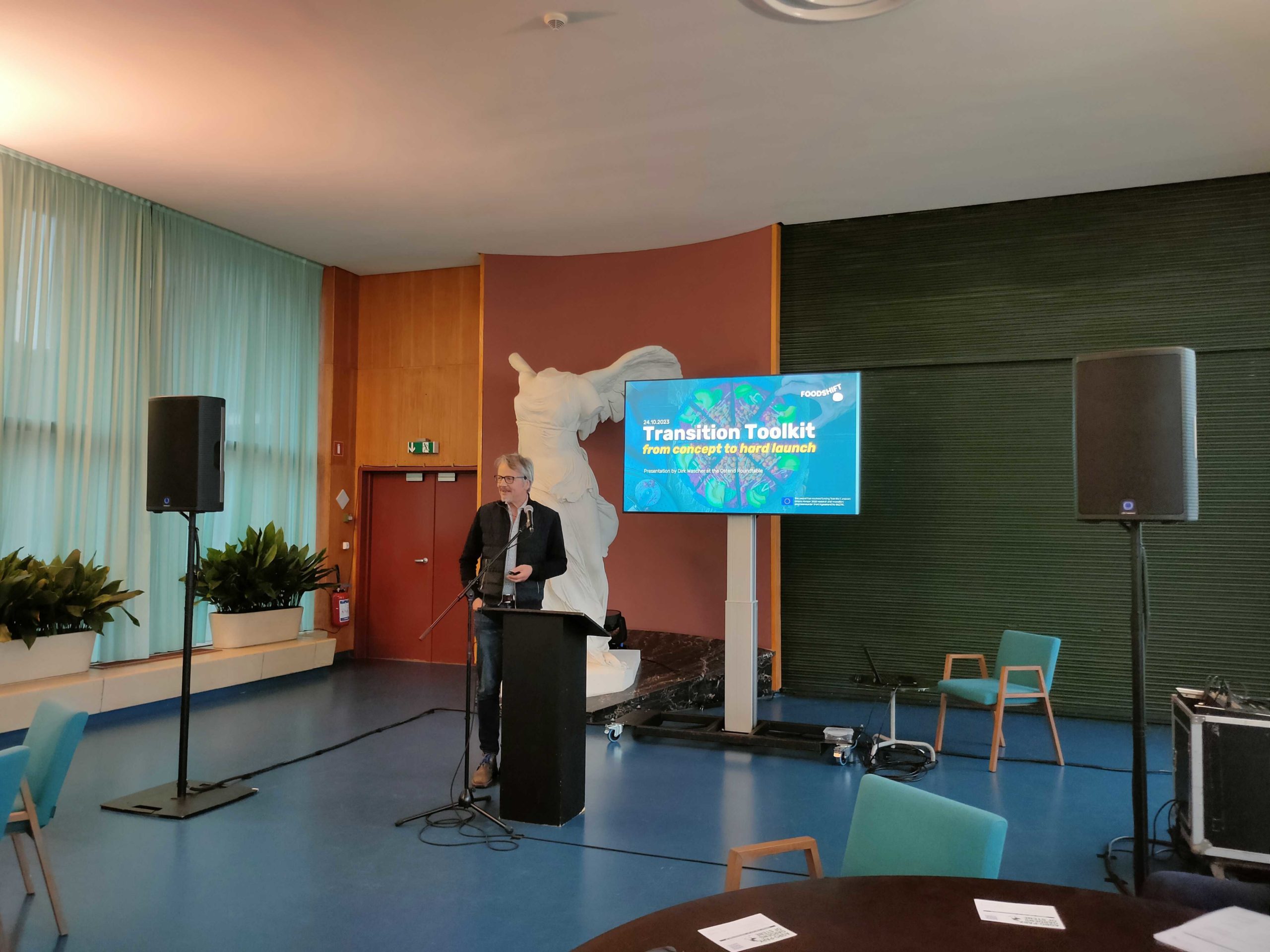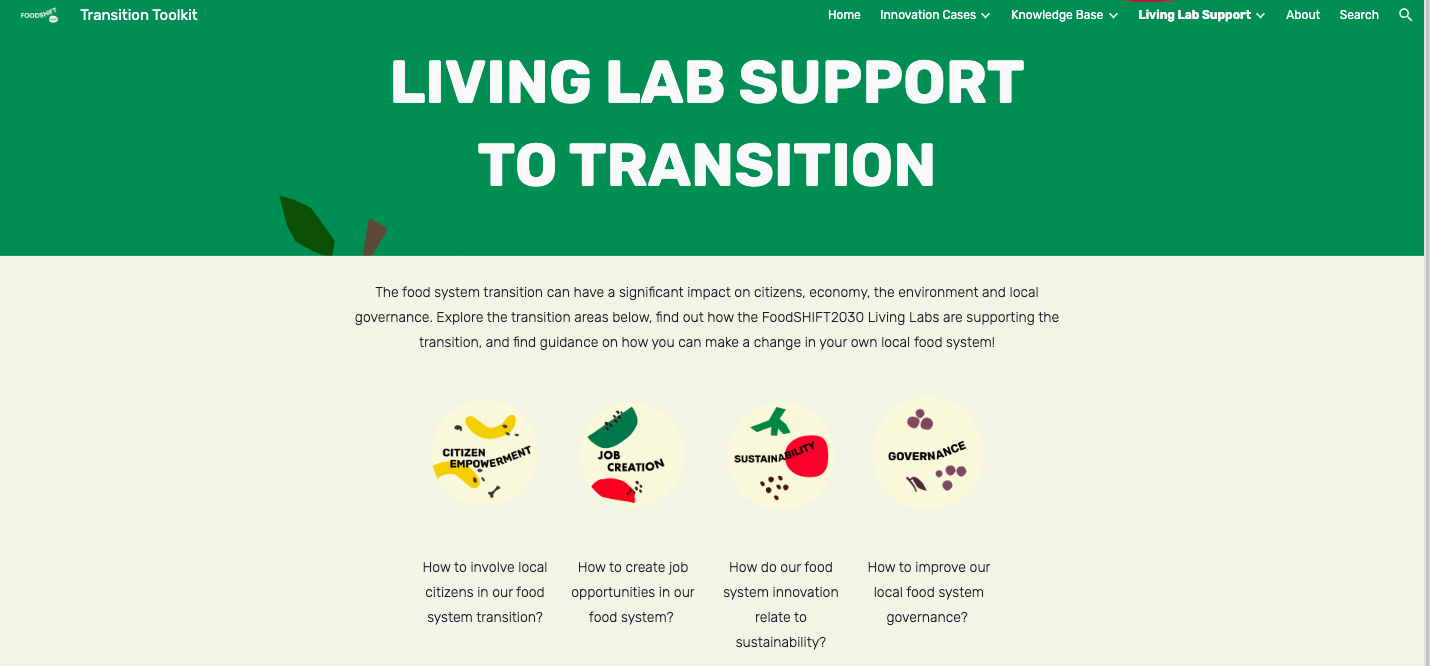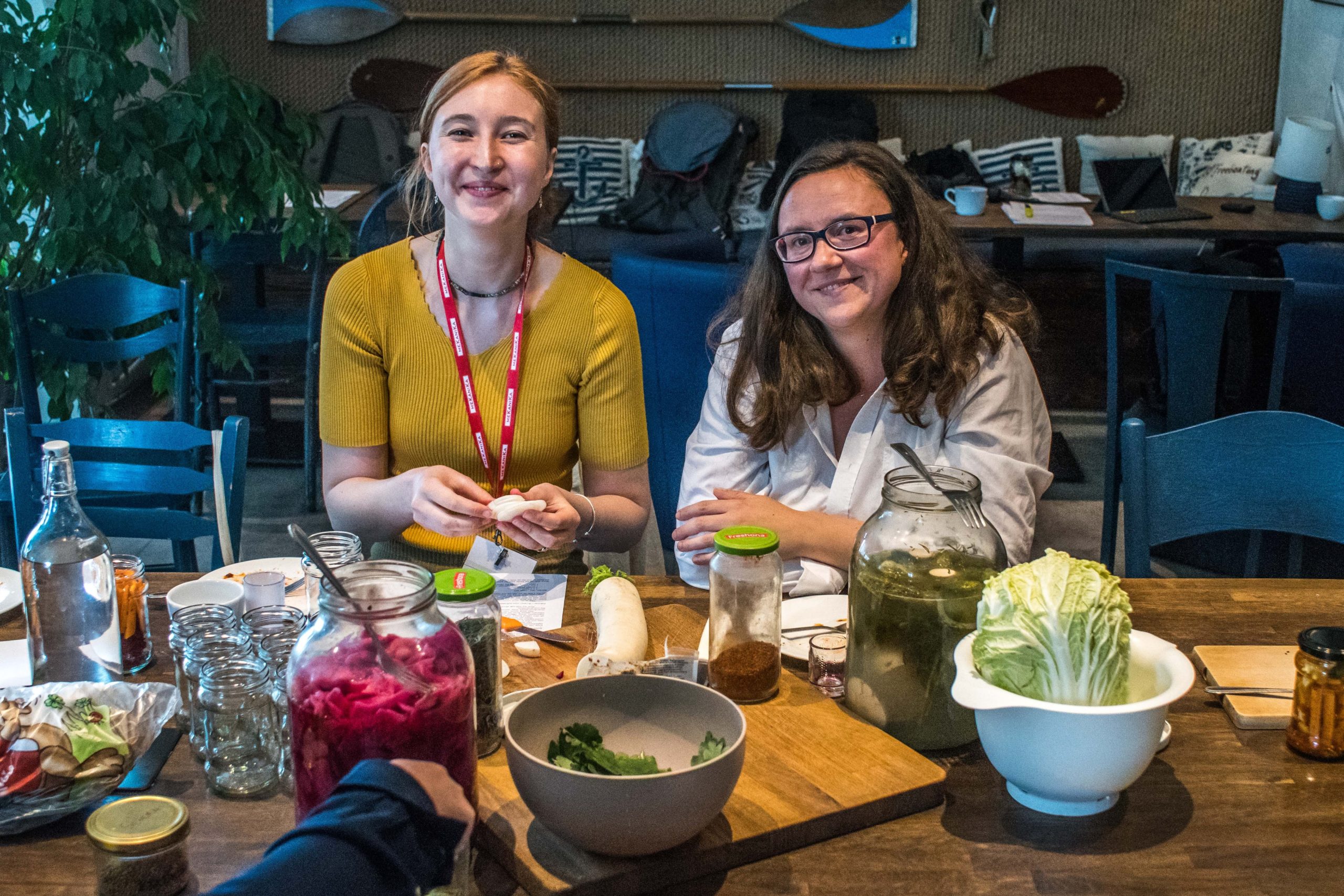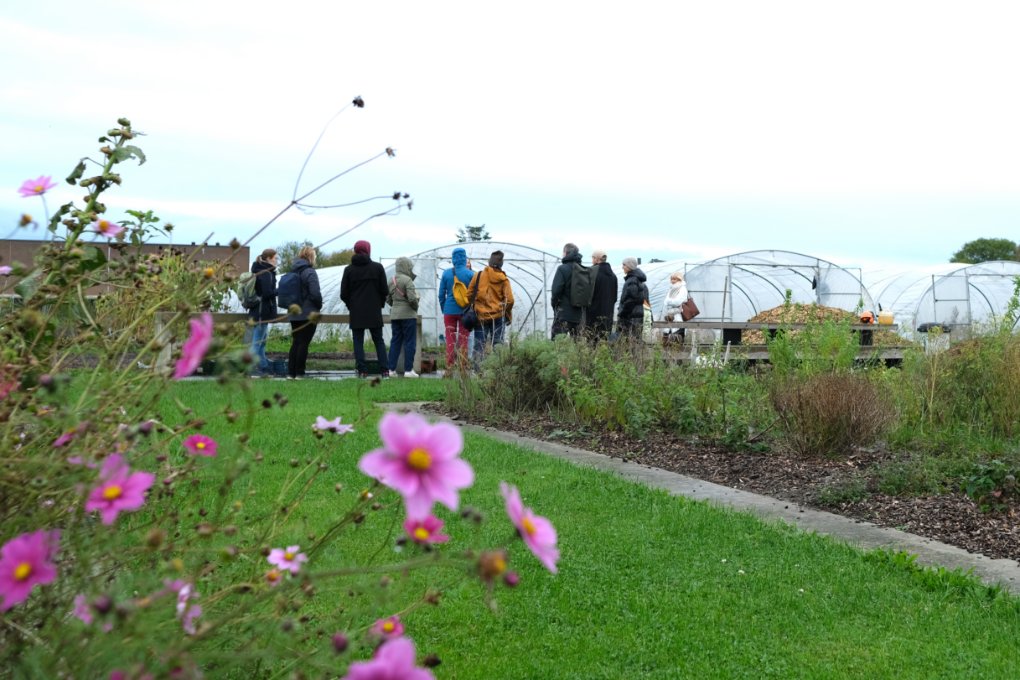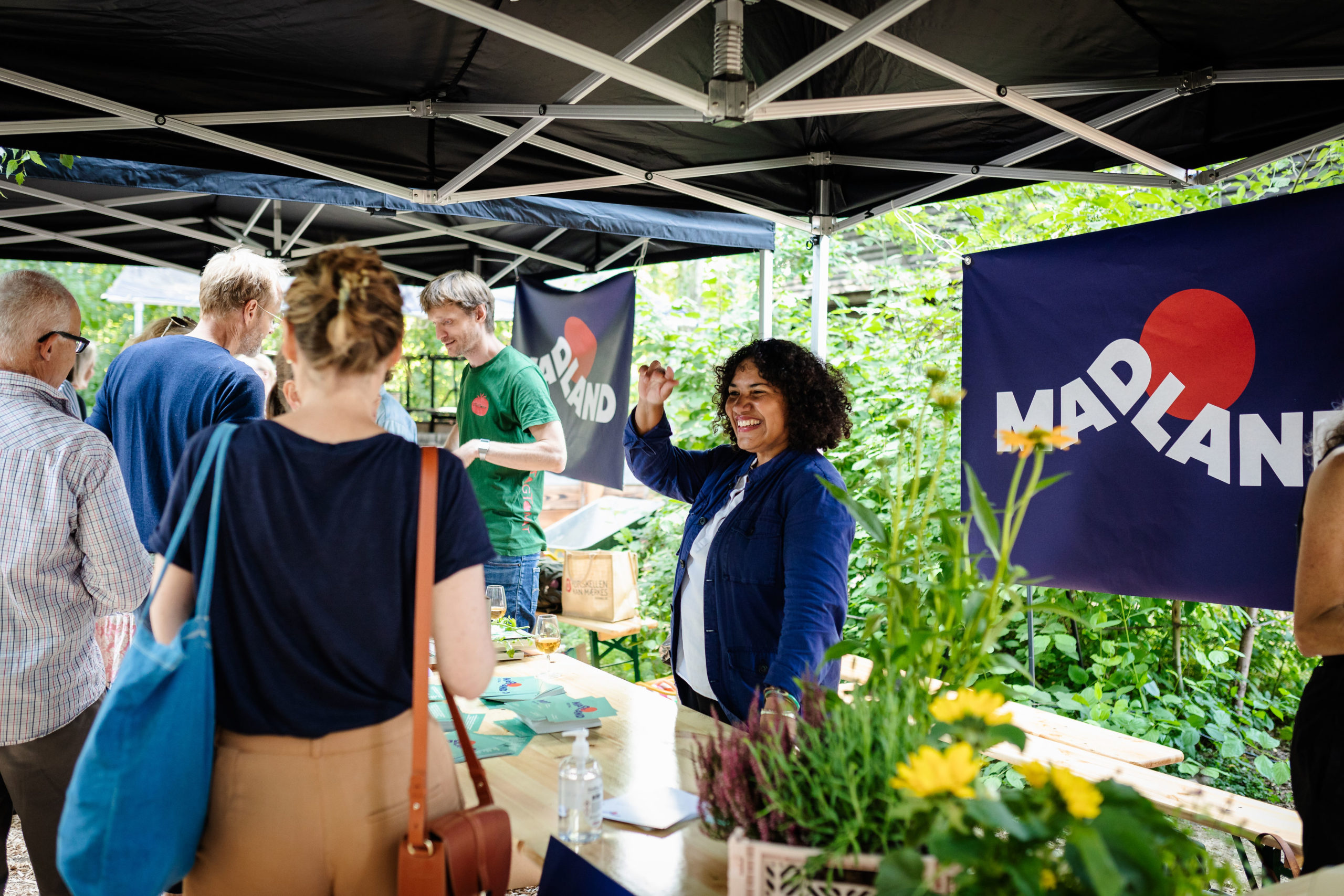Assessing food self-sufficiency of selected European Functional Urban Areas vs metropolitan areas
29 October 2022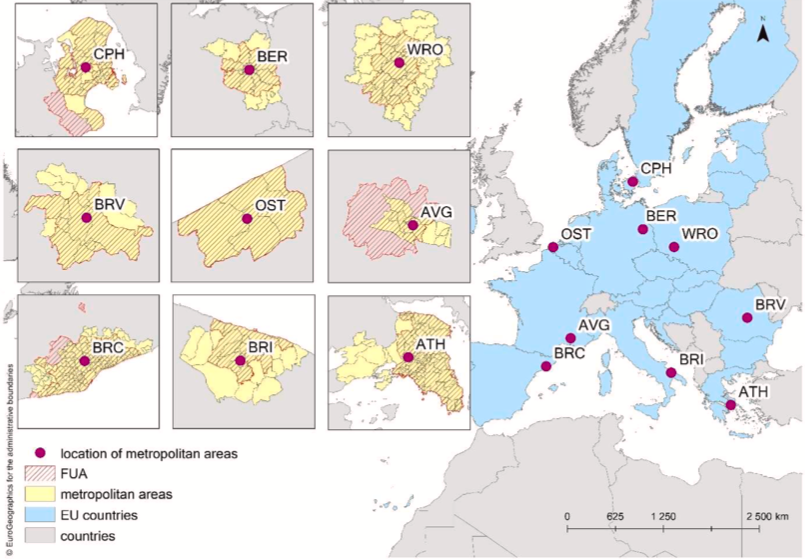
Assessing food self-sufficiency of selected European Functional Urban Areas vs metropolitan areas
The resilience of the local food system is being underlined as one of the most important strategic goals for a sustainable future. However, since the question of what constitutes the local scale of food production depends largely on the type of product and supply chain, the associated foodshed can range from a site scale, city and city region up to wider region and country level. As a proof of concept whether functional urban areas (FUAs) can serve as references for local food systems, we provide evidence on their capacity to provide vegetarian diet supply to their residents. Applying the Metropolitan Foodshed and Self-Sufficiency Scenario (MFSS) model methodology we estimate the level of potential food self-sufficiency of the FUAs. We quantitatively compare the results for FUAs with the results of local planning documents of metropolitan areas. The approach is applied to 9 city regions representing different European countries: Wroc?aw (PL), Ostend (BE), Berlin (DE), Avignon (FR), Copenhagen (DK), Bari (IT), Brasov (RO), Athens (EL), Barcelona (ES). The results show that vegetarian and local food demand could be satisfied in first five FUAs of these city regions. However, if the same number of calories as current diet delivers is to be maintained only the first three FUAs have enough agricultural land to supply vegetarian ingredients to this diet. The results for metropolitan comparison return the same three cities plus Bari. We discuss the use of FUA in defining foodshed area and the role of consumers’ dietary choices in regional food self-sufficiency.
Read and download the complete paper here: https://foodshift2030.eu/resources/
